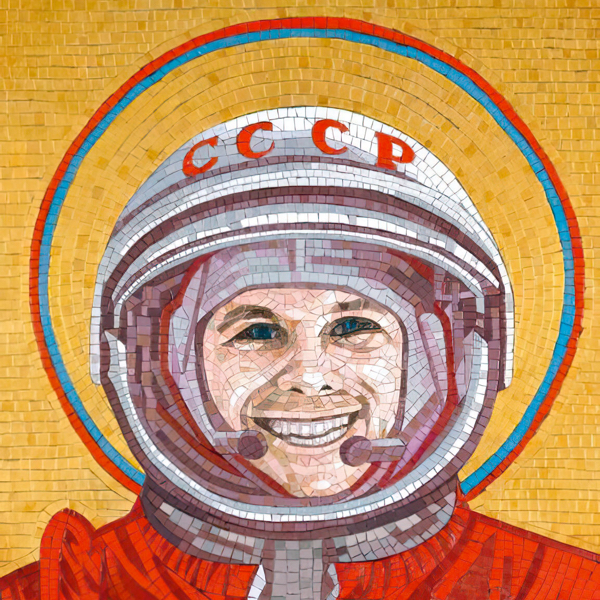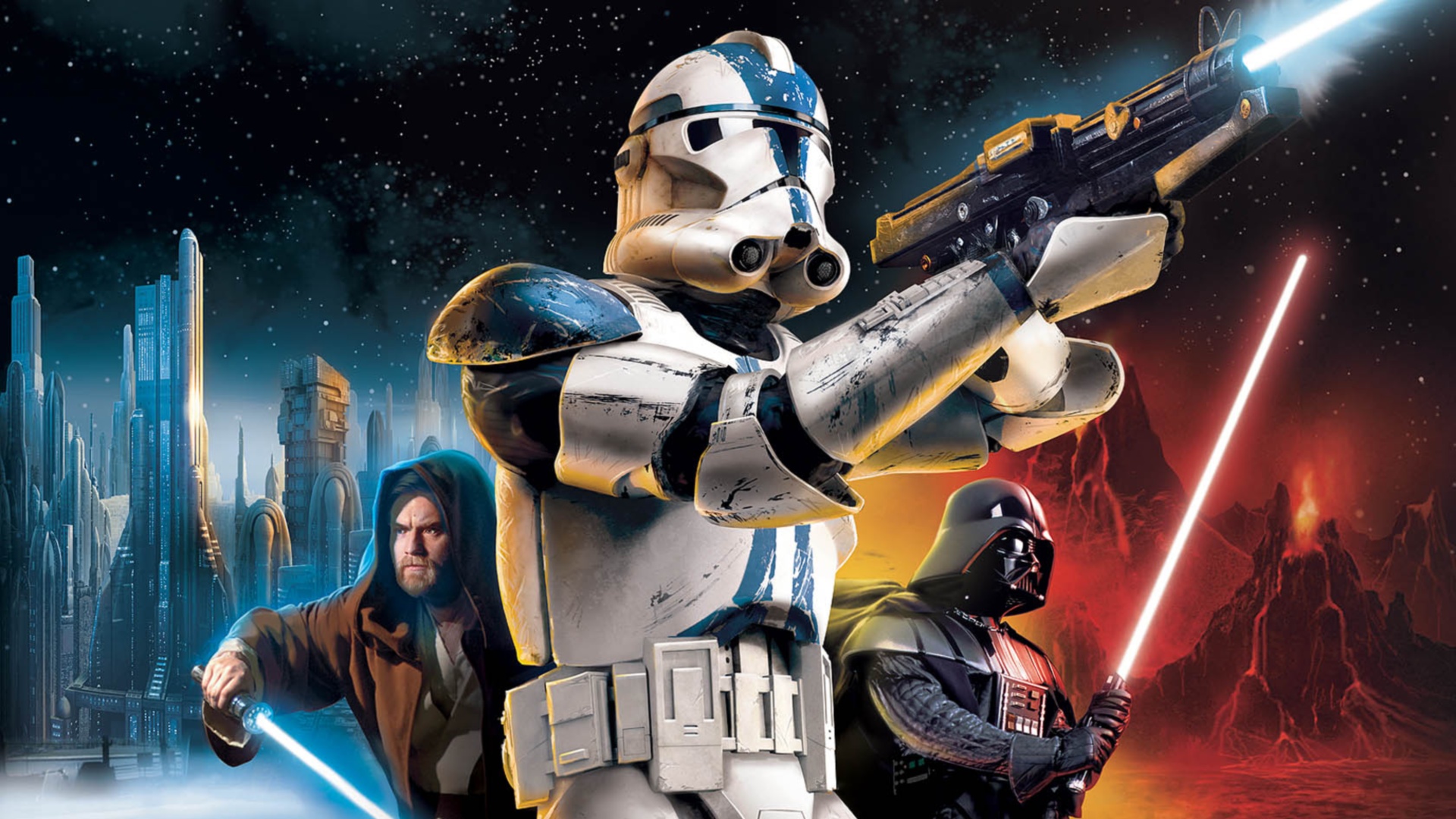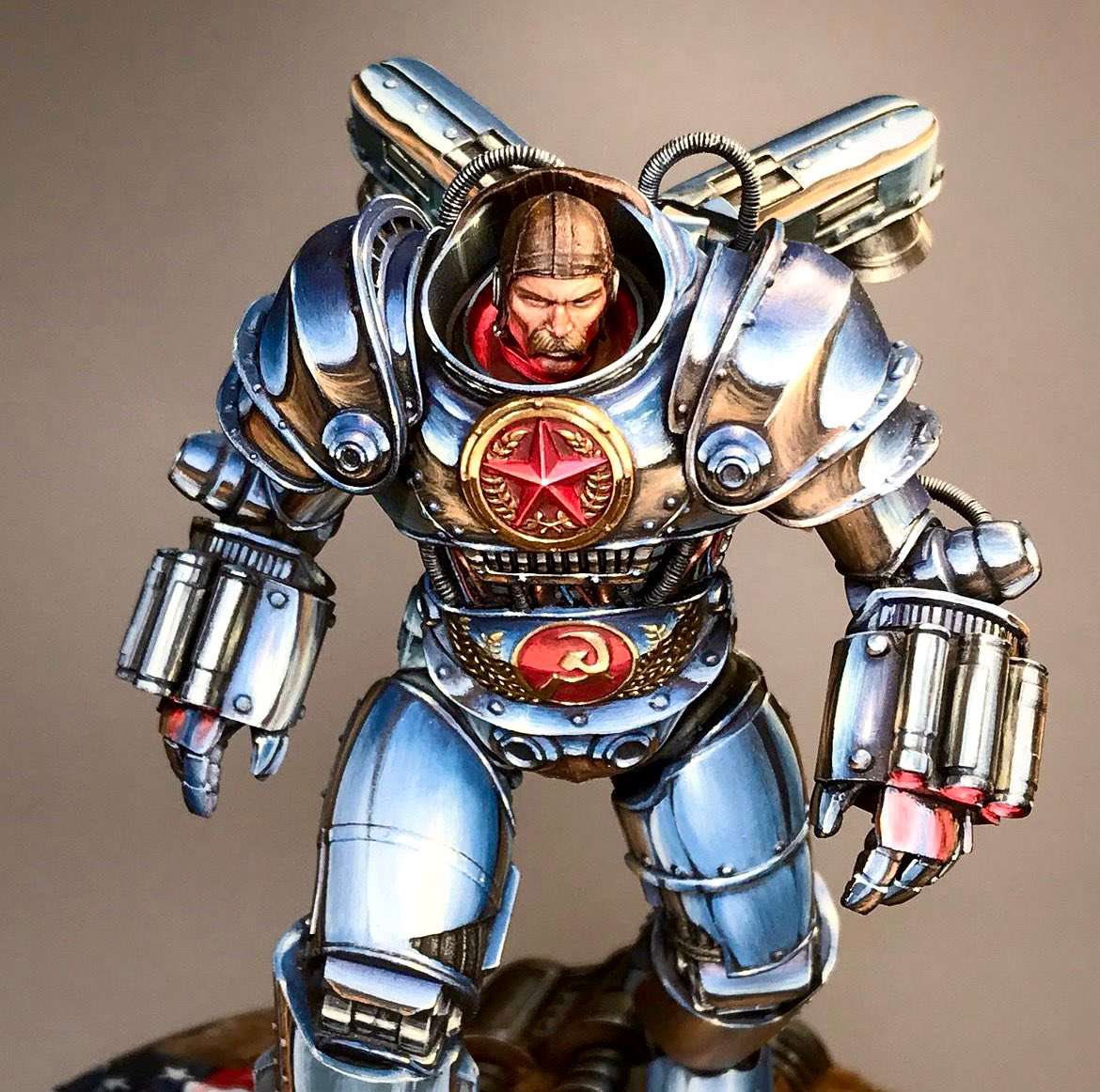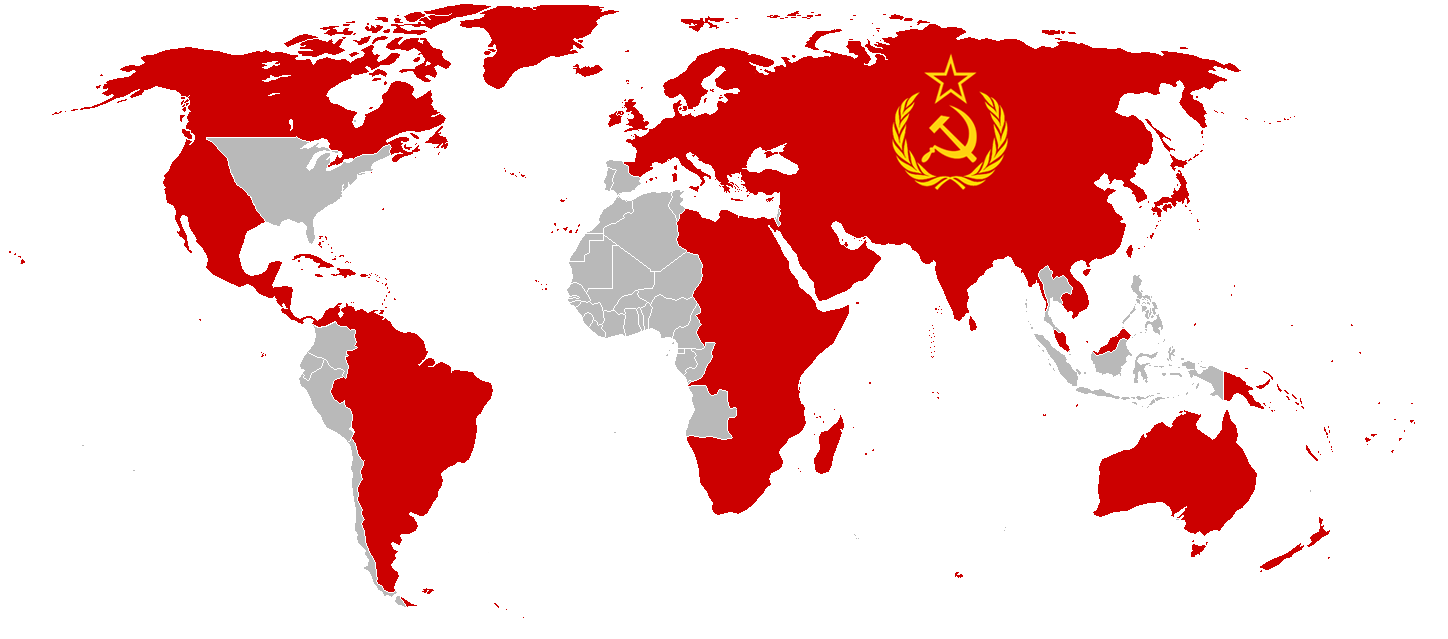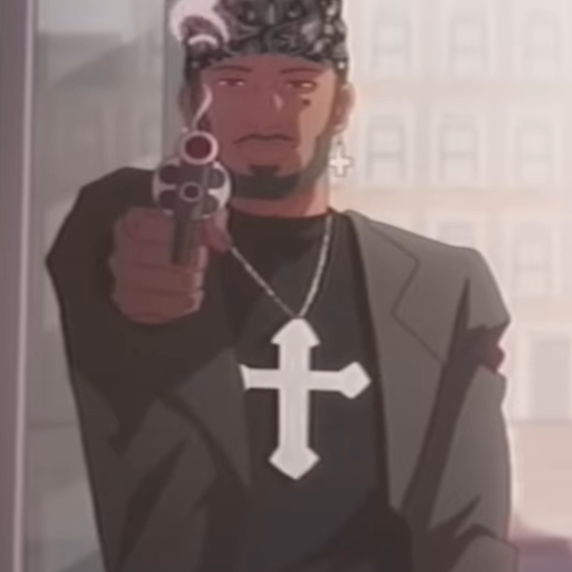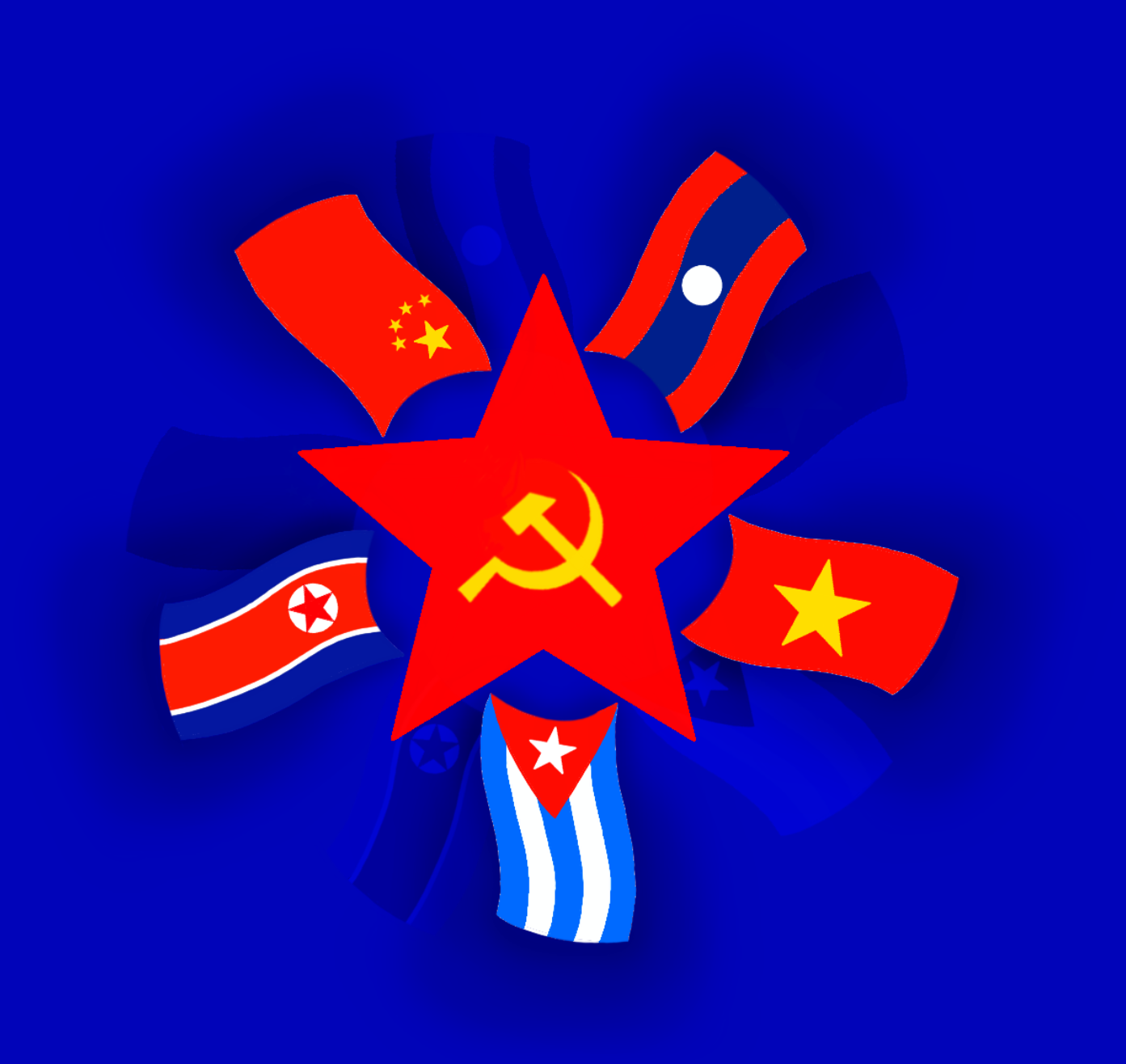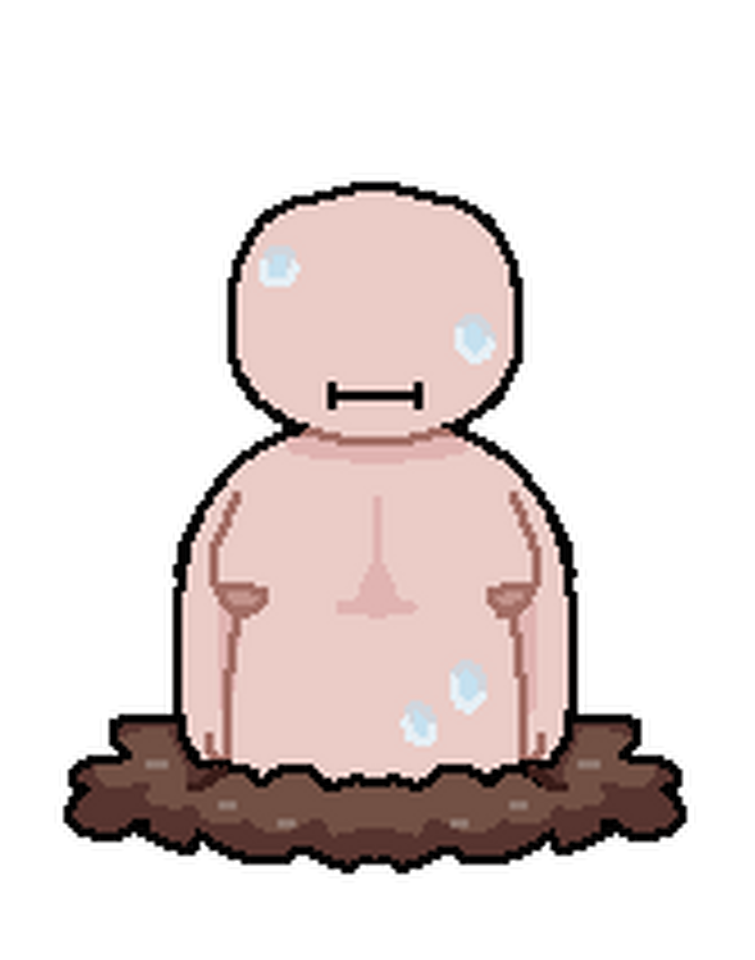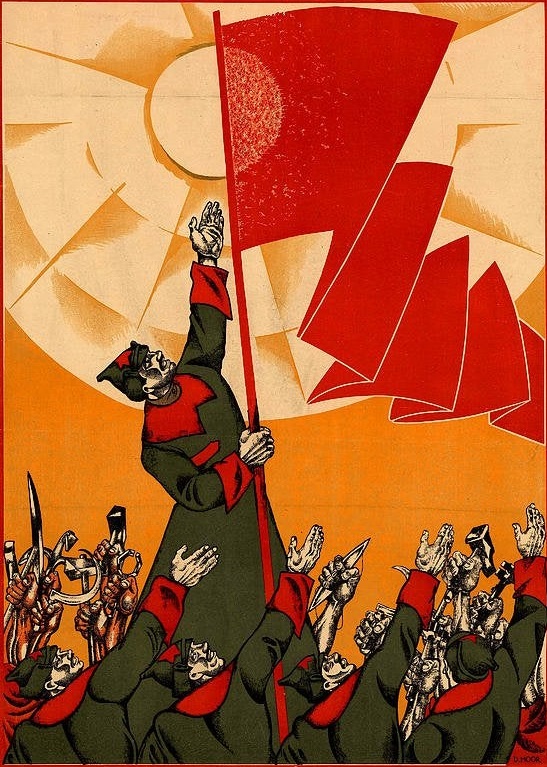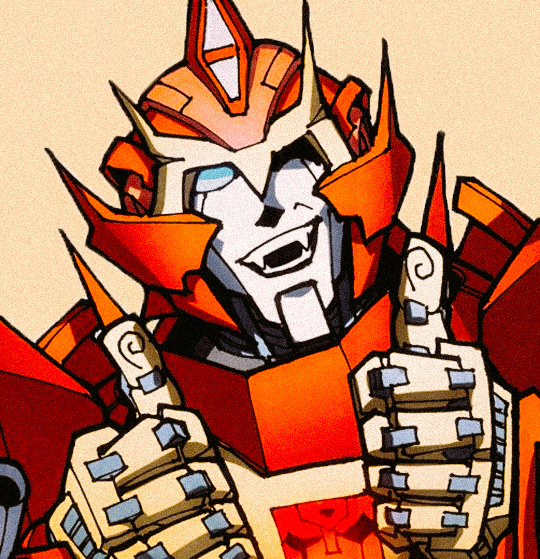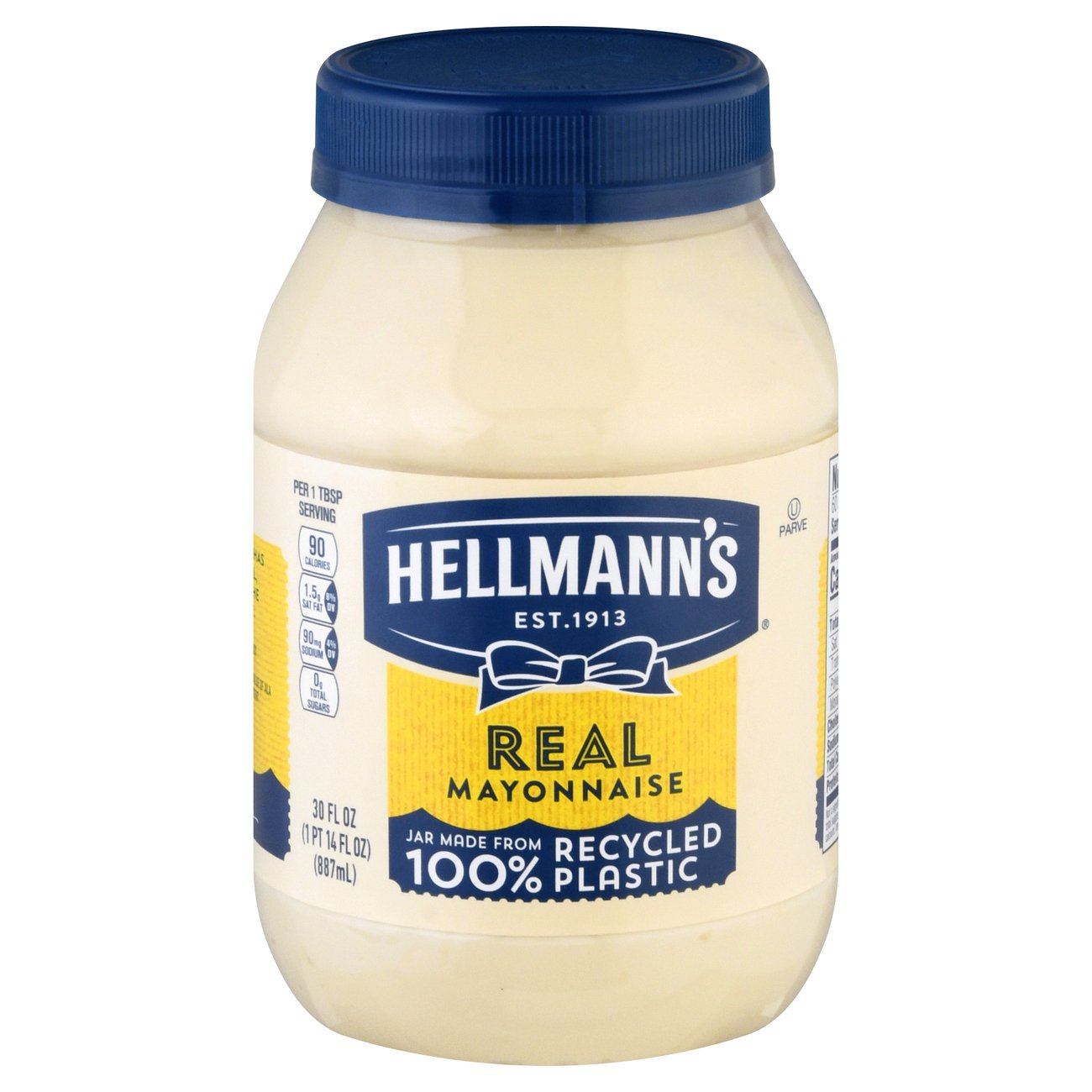I hate Orwell, but man was right about the doublespeak thing.
western MSM will say “democracy” when they’re talking about western leaning dictatorships, and “dictatorship” when they’re talking about non-western democracies.
The only “democracy” in French West Africa is what has been built by its local inhabitants, not what the white man has forced upon them. Full solidarity with the coups, freedom comes from the barrel of a gun.
He worked for the BBC, didn’t he? So he would speak from experience there
Orwell never said “doublespeak”. That was a thinking that stupid political cartoonists made up to describe “when a politician says one thing to one audience and another thing to another audience”. Orwell’s thing was “doublethink,” which was “holding two contradicatory beliefs at the same time”. You know, like the belief Orwell was an actual leftist and spent all of his time decrying actually existing socialism with no positive alternative.
He didn’t coin “doublespeak” but the term was a conflation of his “doublethink” and “Newspeak.”
Military junta coups are just one elite ousting another.
I don’t think it’s that clear cut.
I don’t like blanquism, but there’s no denying that the old, old coup in Burkina Faso that installed Sankara left the people much better off than they were before.
Even if that’s the case (it isn’t always) it’s a lot better to have a local boot than a foreign one.
Africans deserve to be governed by Africans, not politicians who turn their country over to imperialists for profit. It’s much better to critically support coups in the imperialized world when they’re done by local interests than it is to make blanket statements and deny local voices their self-determination.
“Democracy” in the West only means “the colonizing crackers are allowed to siphon everything from crude oil to natural gas to uranium out of these Afrikan countries for pennies on the dollar due to IMF debt-trapping, and if they even think about talking to China we’ll coup them with someone who will keep the crude flowing.”
Western Businesses: Come on guys we’re only in Africa to expand jobs in the 3rd world and help developing economies. China: Actually helps to build Free Seaports Western Businesses: Hey! What are you doing? Colonizer! Colonizer!
The West’s stock in trade that aren’t weapons or genocide-related are more projections than an IMAX theater.
Good ol’ “neutral” Reuters.
Foreign powers have interests in the region? Heavens to betsy!
Isn’t it hypocritical to point this out while most of the people here support the DPRK, which is ruled by the Kim family since 1948? Asking in good faith.
DPRK is sovereign country and not a colony. Koreans electing Kims is not the same as France electing Bongos. Not to mention the closer look at maintaining this power.
I find it very hard to have firm opinions about the modern DPRK’s internal politics because virtually all English language media on the subject is shot through with decades of the most virulent propaganda. There’s a high chance that any of the key U.S. narratives on the subject – such as the Kims being essentially an absolute monarchy – are more bullshit than reality.
Some folks on here are more knowledgeable, though, and describe the Kims (certainly in the modern DPRK) as having a kind of Queen of England (rest in piss) role: most of the real governing is done in other bodies, but they have some influence/authority and aren’t pure figureheads.
One notable overlap between the British Monarchy and the Kims is that both have significant diplomatic roles meeting with other heads of state.
You’ll have to forgive the copy-paste reply, I answered about the same question on r*ddit. Even if you aren’t read-up on DOR Korea enough to take it at face value that they’re socialists, there are key differences.
We know for a fact that the Kim family aren’t enriching themselves or exploiting their country’s resources like the western backed dictators. If they were living with all the luxuries of the modern day bourgeoise or cheaply selling ores or whatever resources for cheap, that’d be quite difficult to hide. This is also why the only argument westerners have to prove their luxury is how fat they are in a country with such low obesity rates, obviously not a serious argument that merits a response. I don’t know about Kim Il-Sung or Kim Jong-Il’s positions, but Kim Jong-Un really isn’t in a position of supreme authority. In fact, he has less direct control over policy than most western leaders.
On the other hand, Omar Bongo (the father) was literally installed by de Gaulle. He had french backing from day 1, he and his family lived in all the bourgeois luxuries and exploited the natural resources of the country to the benefit of France just like the rest of the neo-colonies in west Africa.
Best way to learn about Korea would be to read up on the war and the writings of Kim Il-Sung. If you need convincing more than clarity, you can read Che and Fidel had to say about the DPRK.
Thanks for the reply, I think it clarifies the key differences.
In addition to what others said, I think most people have critical support for DPRK. We recognize that it’s a sovereign state that strives towards communism, but that’ doesn’t mean that it’s without problems. In my view, the fact that it’s been the same family in charge is something that can be legitimately criticized. There are reasons why this may be the best option in terms of stability right now given that DPRK is under siege from the west, but obviously it’s not an ideal situation.
We do not support the DPRK because of any supposed liberal-democratic trappings. We support it because despite suffocating under US-American pressure, its government compares exceptionally favourably to others with similar national wealth, eg. Somalia and Haiti, when it comes to development of its own material conditions as well as the quality of life; which is why it is frankly delusional to conceive of the West installing any government in North Korea, be it dictatorial or democratic, that makes better of the poor resources than the current one.
Aside from what others have said, which I think is more important, I would like to point out that most of us don’t really like the informally dynastic position of the Kims and might prefer the family retiring to at least lesser roles in politics, all other things being equal. I think most of us would consider it something of a middle ground that there is a trend across the decades of the Kims continuously diffusing the powers of their respective offices to other offices, decentralizing authority, to such an extent that two Kims have technically never held the same top executive position because it was abolished and replaced* at some point between the start of their respective first terms and their respective deaths. I’d expect that last bit to become obsolete eventually but for the general point about diffused authority to persist for some time.
*this is part of the reason that the term “supreme leader,” which is an honorific (like “Your Honor,” etc.) and not an office, gets used to describe their position.
As a further caveat, all three of them have been at various points General Secretary of the WPK, which is a significant office, but that’s not the head of state and there have been long stretches when they were not occupying it (though information on these things is a bit annoying to find).
The second line is obviously talking about africa generally and not gabon specifically.
yeah. still wild to call the overthrown systems democratic since they take foreign interests into account more so than the interest of the population, but ofc a liberal western media outlet isn’t going to consider anything besides sufficient political theater and allegiance to western interests as democratic.
Do you think Gabon is the same thing as Chad, Burkina Faso, and Mali?
What do you mean?
The full sentence is:
Military officers have also seized power in Mali, Guinea, Burkina Faso and Chad, erasing democratic gains since the 1990s
You are being extremely charitable if you think the writer did not mean to imply that that is the case in the context of Gabon too. That’s why there an “also” in the sentence. Either way it is petty pedantry.
I guess maybe you’re right. I didn’t really notice the “also” the first time. Reading up on Gabon’s history, too, the “since the 90s” thing is obviously about Gabon.
Still, I’d say going from rigged elections to a military coup is a big loss of democracy, but it sounds like Gabon has been headed that way for a long time.
If elections were rigged, that would mean that there was no democracy in place to begin with. How is changing to any other system a loss in democracy even though there was none to begin with?
Elections are a system of democracy. If corruption can be rooted out, then that system is already ostensibly in place, whereas I believe the military leaders are planning to tear the whole government down and rebuild from scratch. Maybe they rebuild a democracy with better assurances of fair elections and it ends up a net gain of democracy, but for now it’s a loss.
I get your point now. But the rooting out of corruption part is a big if in realising the democratic potential of elections. When there are Western interests in play as is the case with many African countries, the corruption is crucial in keeping the subject open to western exploitation. As such any effort that would seem to curb corruption also opposes western interest and faces opposition because of that.
This is why there is a contagion of anti-French coups in Africa currently. It is not because they don’t know how to do democracy better but because it’s extremely difficult to overturn the ruling class through legal and electoral means.
Elections are part of a democratic system, but only if they are held democratically
If the election can be rigged, what’s there to keep from the system? The voting booths?
